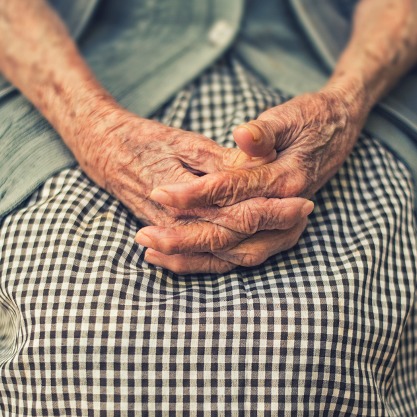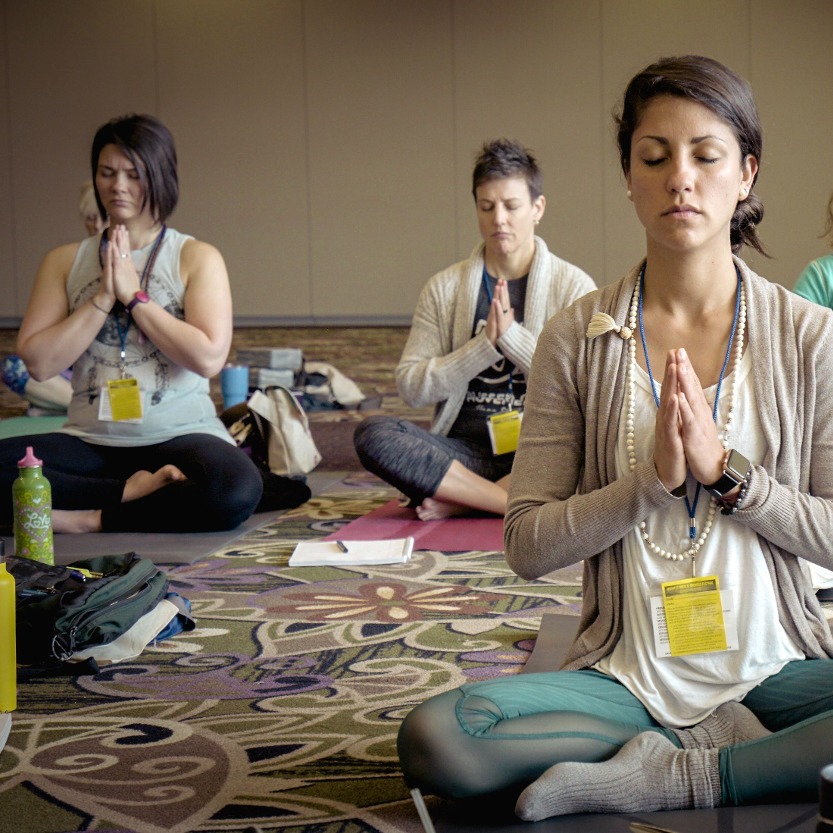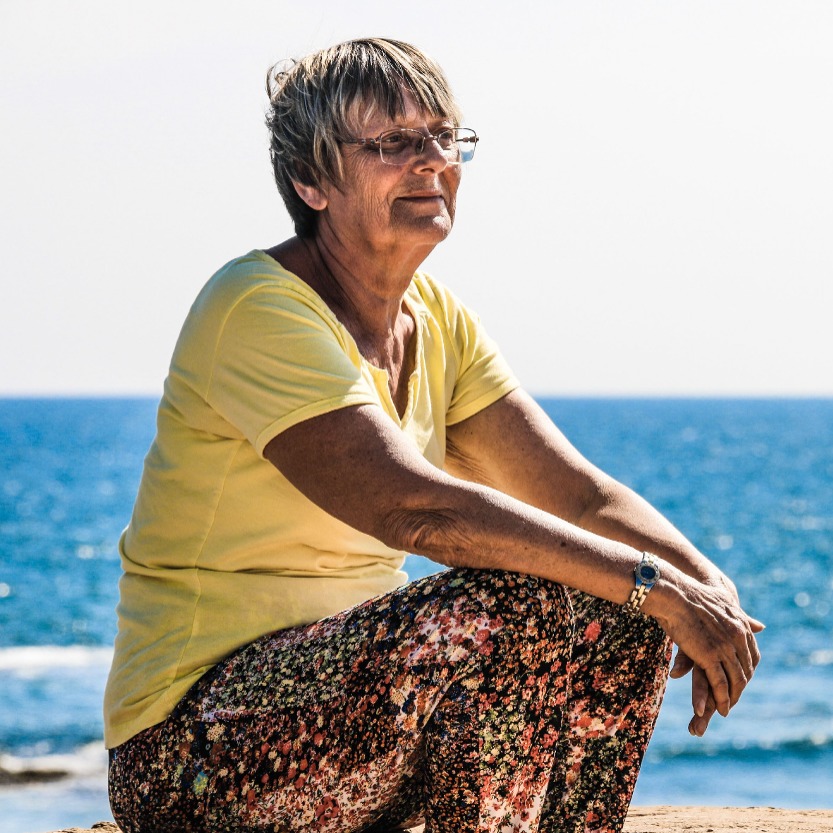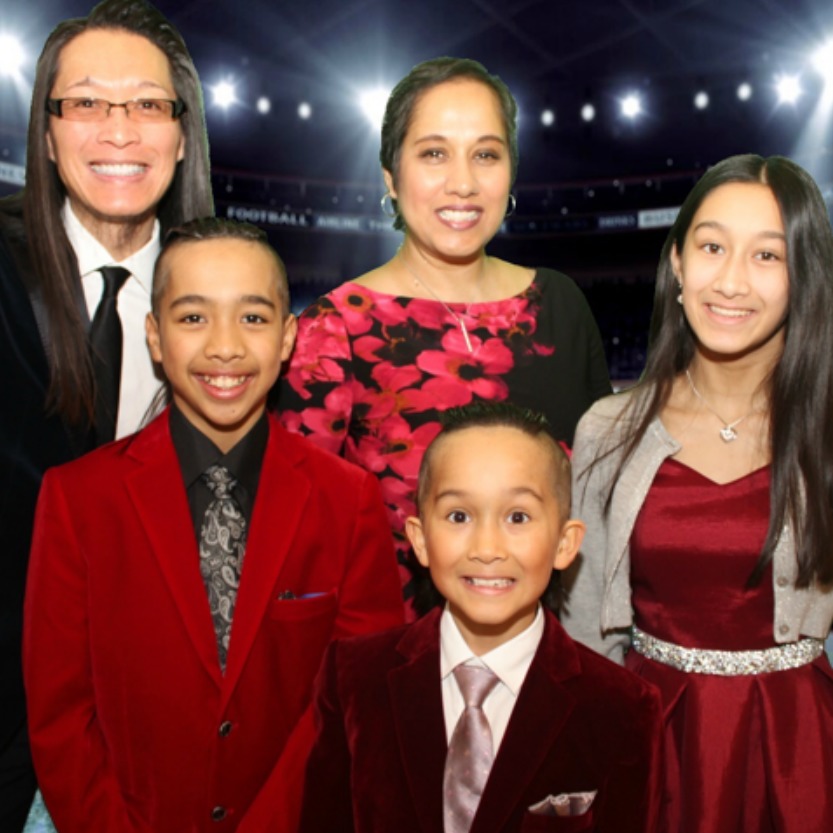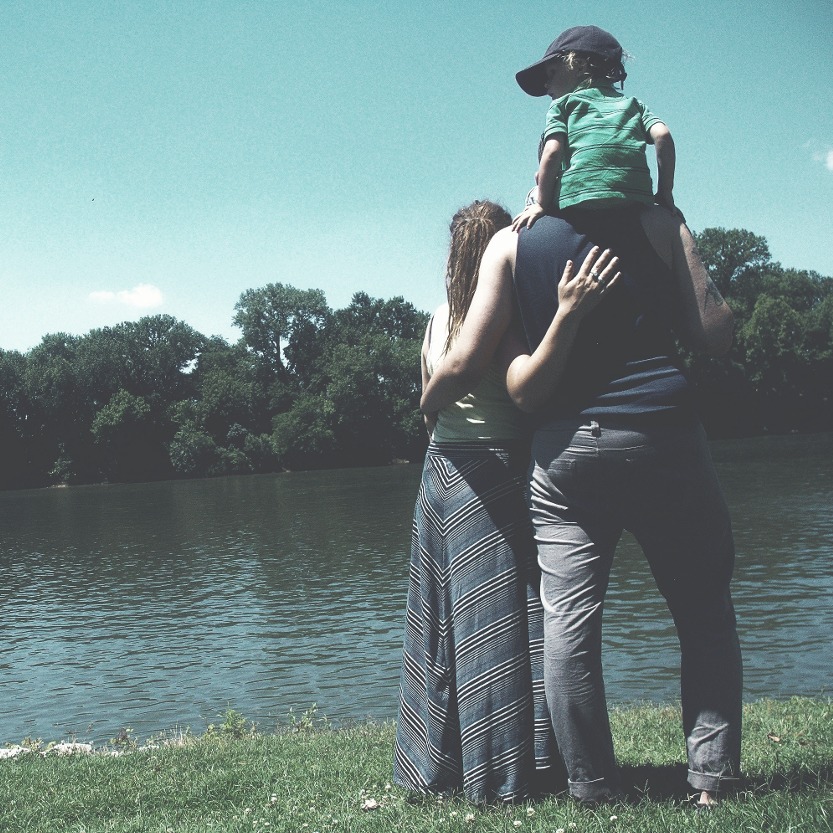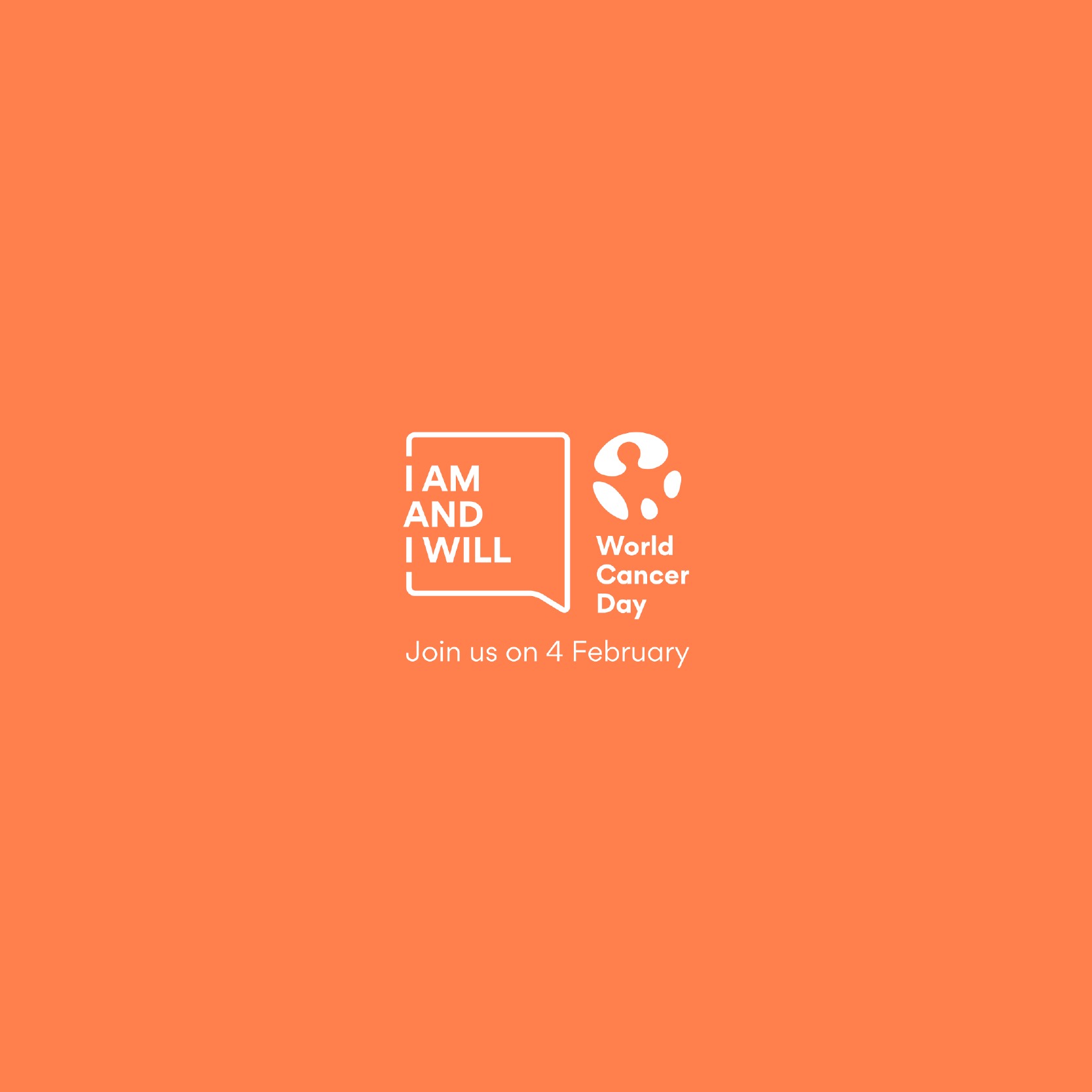By continuing to use our site, you consent to the processing of cookies, user data (location information, type and version of the OS, the type and version of the browser, the type of device and the resolution of its screen, the source of where the user came from, from which site or for what advertisement, language OS and Browser, which pages are opened and to which buttons the user presses, ip-address) for the purpose of site functioning, retargeting and statistical surveys and reviews. If you do not want your data to be processed, please leave the site.
The Voice of People With Breast Cancer
Education
Our Voices Blog
Caregiving while you’re a patient
Women living with breast cancer are not just cancer patients; they’re moms, spouses, sisters, friends, and daughters. The many roles and responsibilities a woman assumes to support those around her don’t disappear when she is diagnosed with cancer. One of these responsibilities may be caring for aging parents or family members. This burden may seem heavy at times but there are places you can turn to for support. Check out the following resources.
Our new white paper: what are patients and physicians saying about biosimilars in breast cancer?
We talked a lot on this blog last year about biosimilars; what they are and why it’s important to know about them. With the entry of biosimilars in the breast cancer treatment landscape due later this year, there are still questions and discussions about how it will affect current and future breast cancer patients. To help understand these questions and perspectives, we decided it was important to bring together those people who are impacted the most: patients and physicians.
Breast Cancer Related Lymphedema Part 2: Early Signs, and Treatments
In Part 1 we discussed the risk factors of lymphedema and tips for reducing this risk. Today we’re helping you identify early signs and what treatments are available for lymphedema.
Breast Cancer Related Lymphedema Part 1: Risk Factors
Breast cancer-related lymphedema is abnormal swelling that can develop in the arm, hand, breast, or torso on the side treated for breast cancer where lymph nodes have been removed. Lymphedema can develop suddenly or gradually. It can happen soon after surgery or can develop months or years later.
What is Canada’s new food guide all about?
Canada’s new food guide is, in one word, refreshing! First off, it makes us hungry just looking at it. And secondly, it does away with the confusing portion sizes and focuses more on practical tips for incorporating healthier foods into our diets.
The importance of having access to financial resources
We asked Tricia, a member of our patient advisory committee, to share her thoughts on our newest digital tool, the FinancialNavigator, designed to help connect patients with financial resources in their community. Here’s what she had to say.
How can we ease the financial burden of breast cancer?
When you are first told you have breast cancer, your thoughts can immediately turn to your mortality and how to best save your life. You worry about how your diagnosis will affect your family, spouse or kids. More and more, the realities of the disease begin to set in and the impact it can have on your finances becomes more apparent.
What’s pharmacare and why should it matter to breast cancer patients?
It’s just the start of 2019 but we’re already thinking about fall and the federal election it brings with it. Last year, there was a lot of talk about the establishment of a national pharmacare plan. The federal government assembled a working group to study the best way a system like this would work in Canada.
10 low-key ways to make Valentine’s Day better when you have breast cancer
February is here, which means Valentine’s Day is around the corner. Valentine’s is a day that you either love or hate. And throwing the C-word into the mix can make it hard even when it’s something you’re usually excited for.
I Am And I Will this World Cancer Day
World Cancer Day on February 4th gives us a chance to reflect on 2018, the work we’ve accomplished and the work that still needs to be done. This year, WCD has a brand-new message: I Am And I Will.

